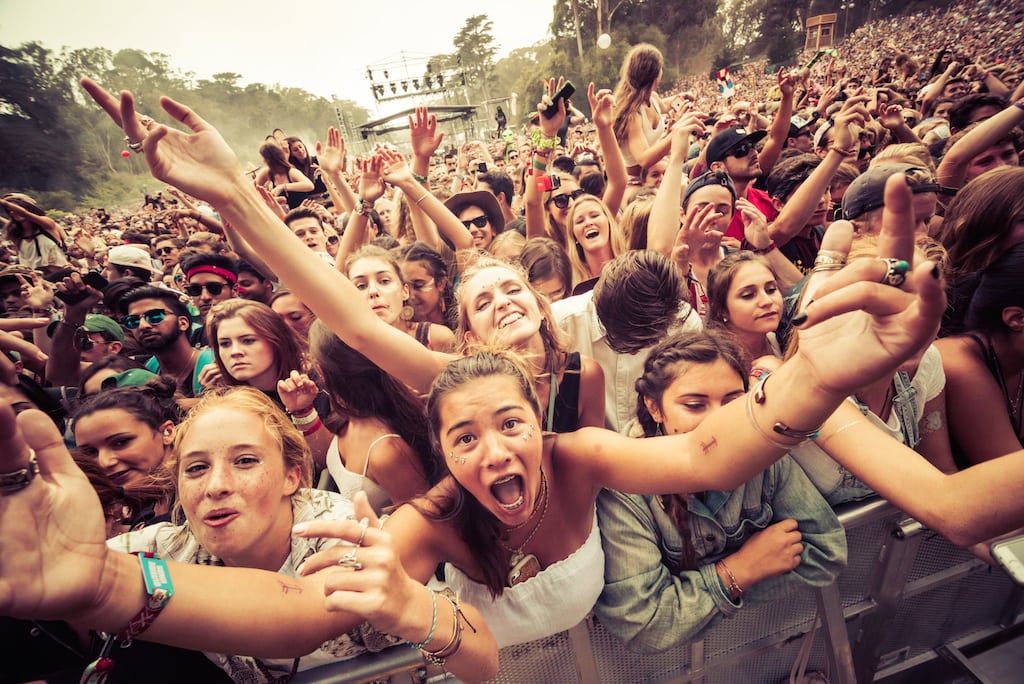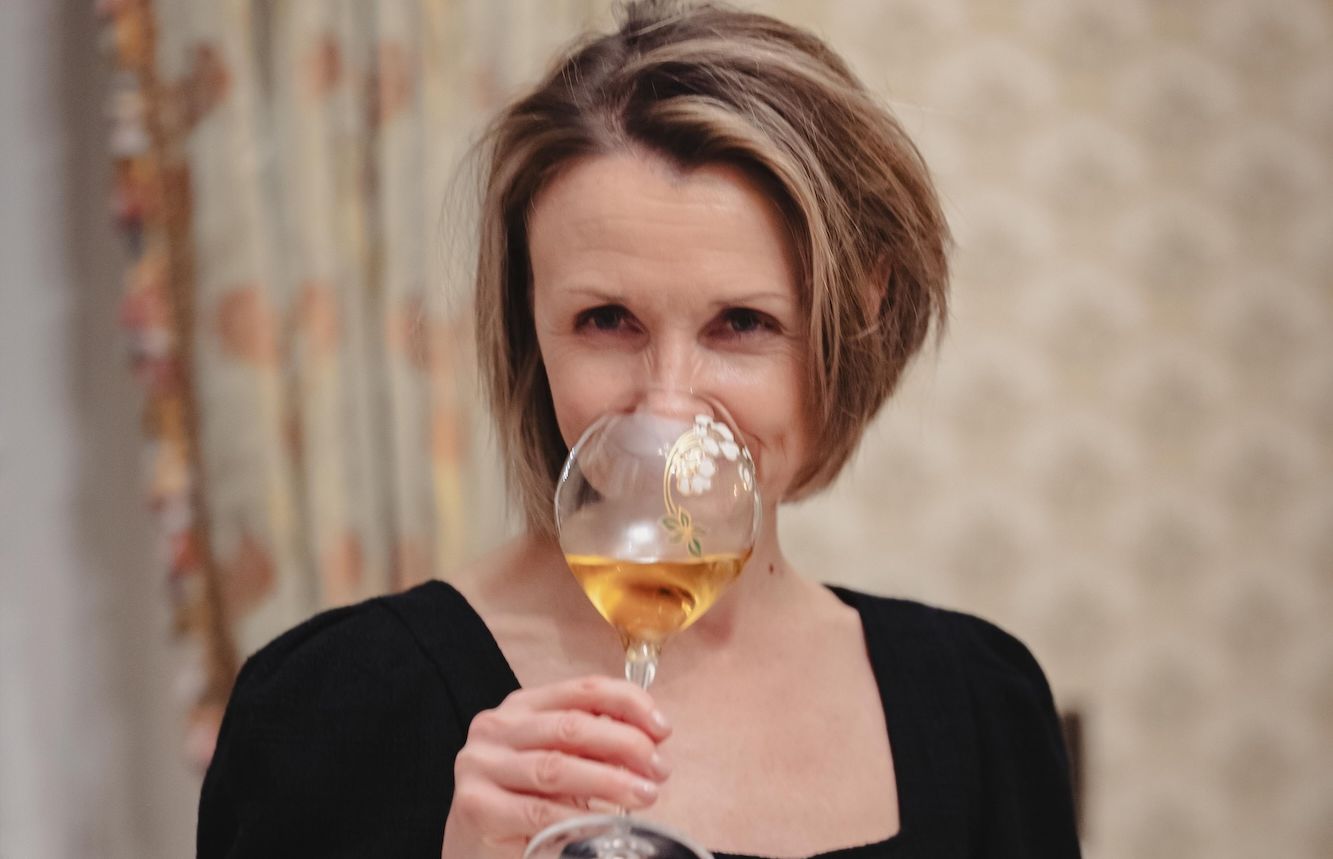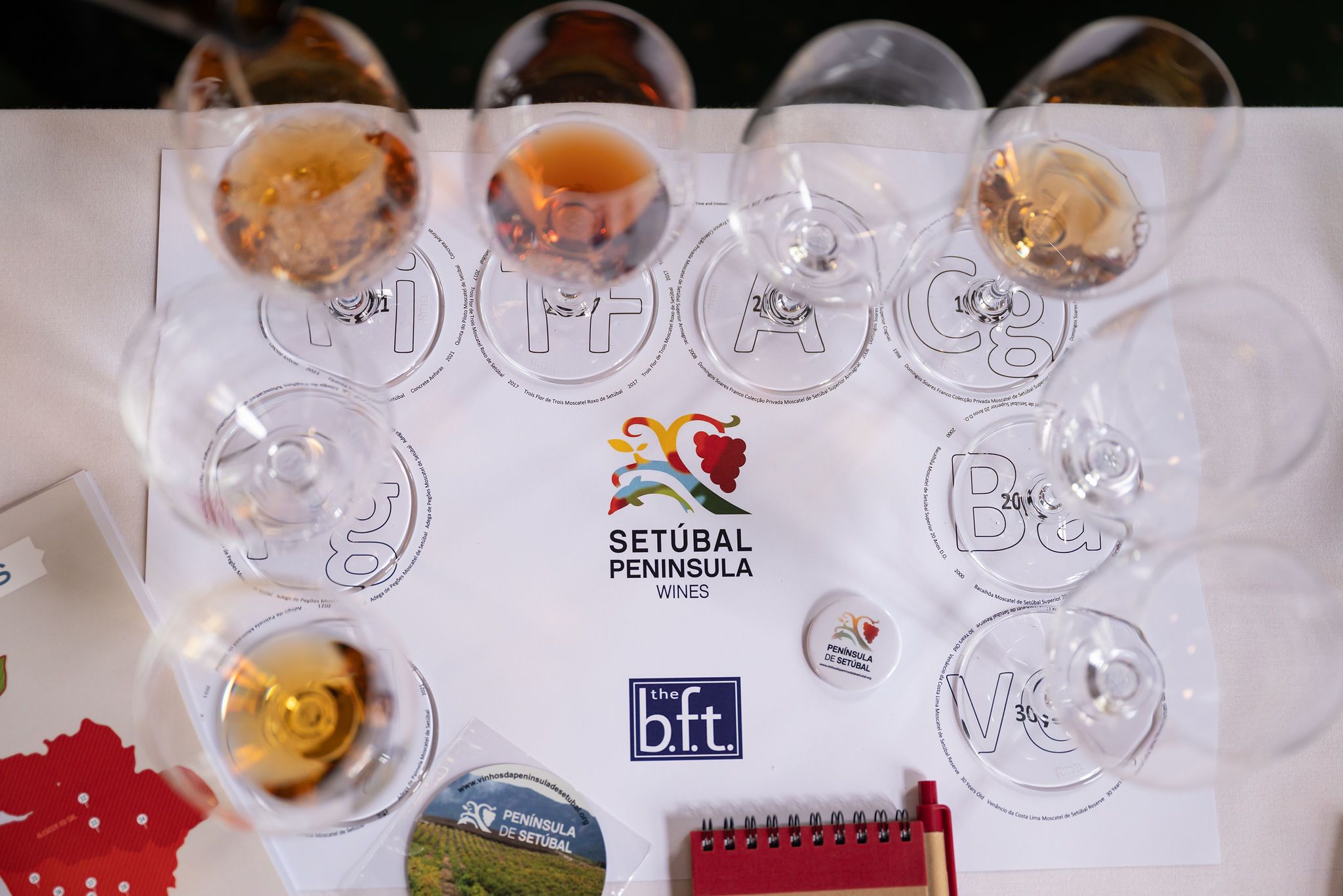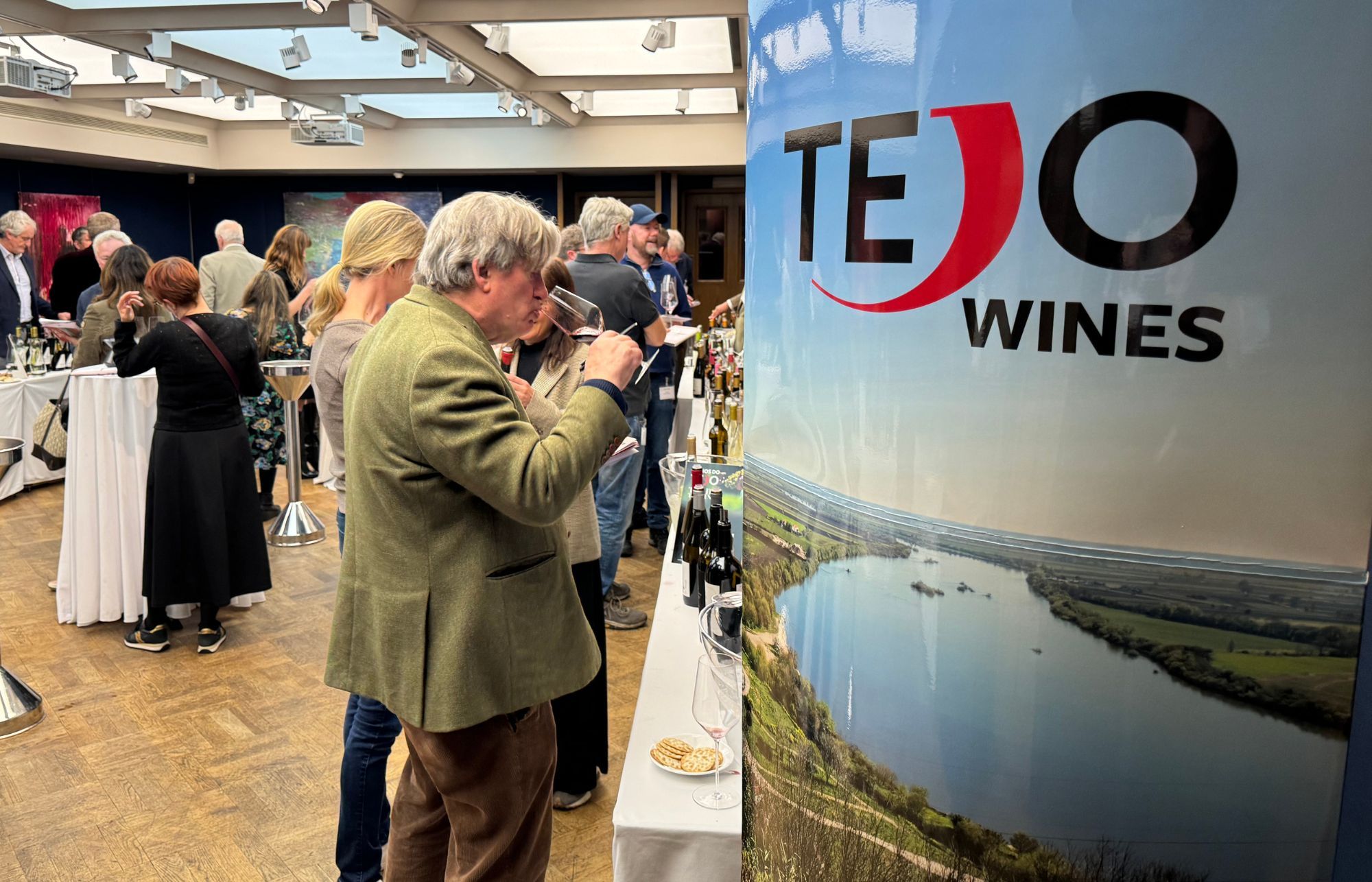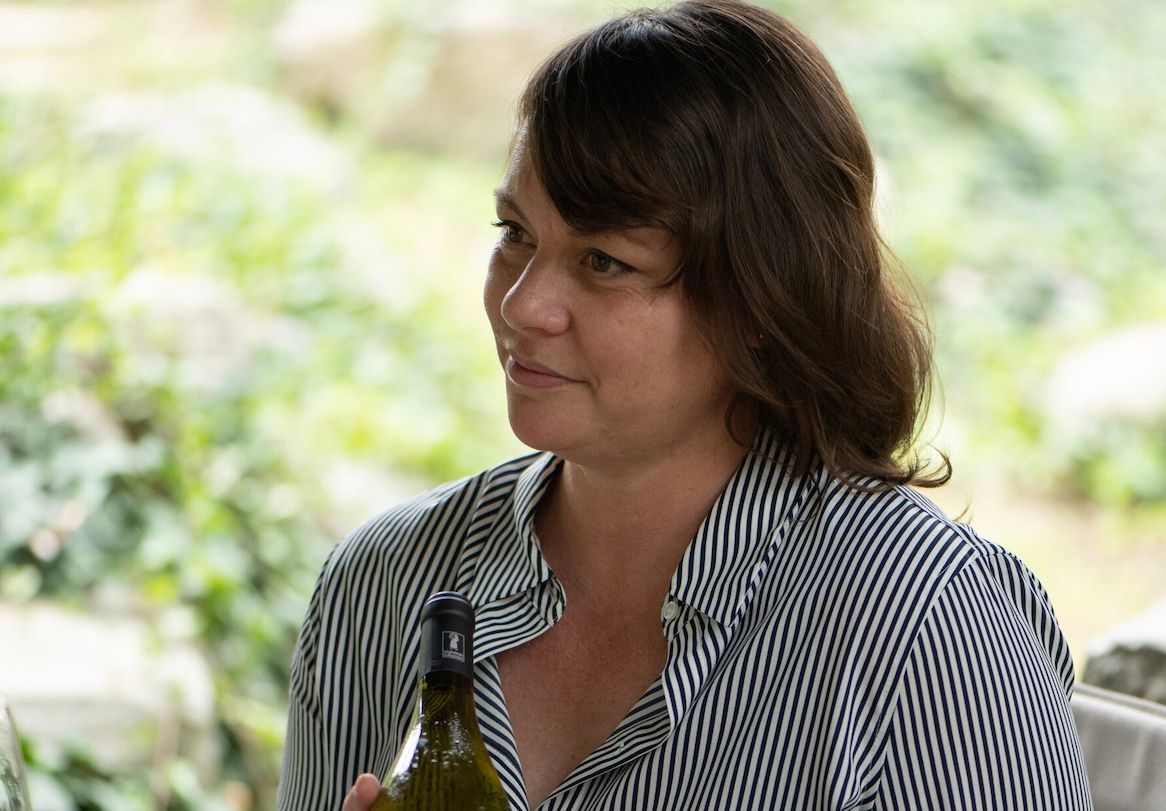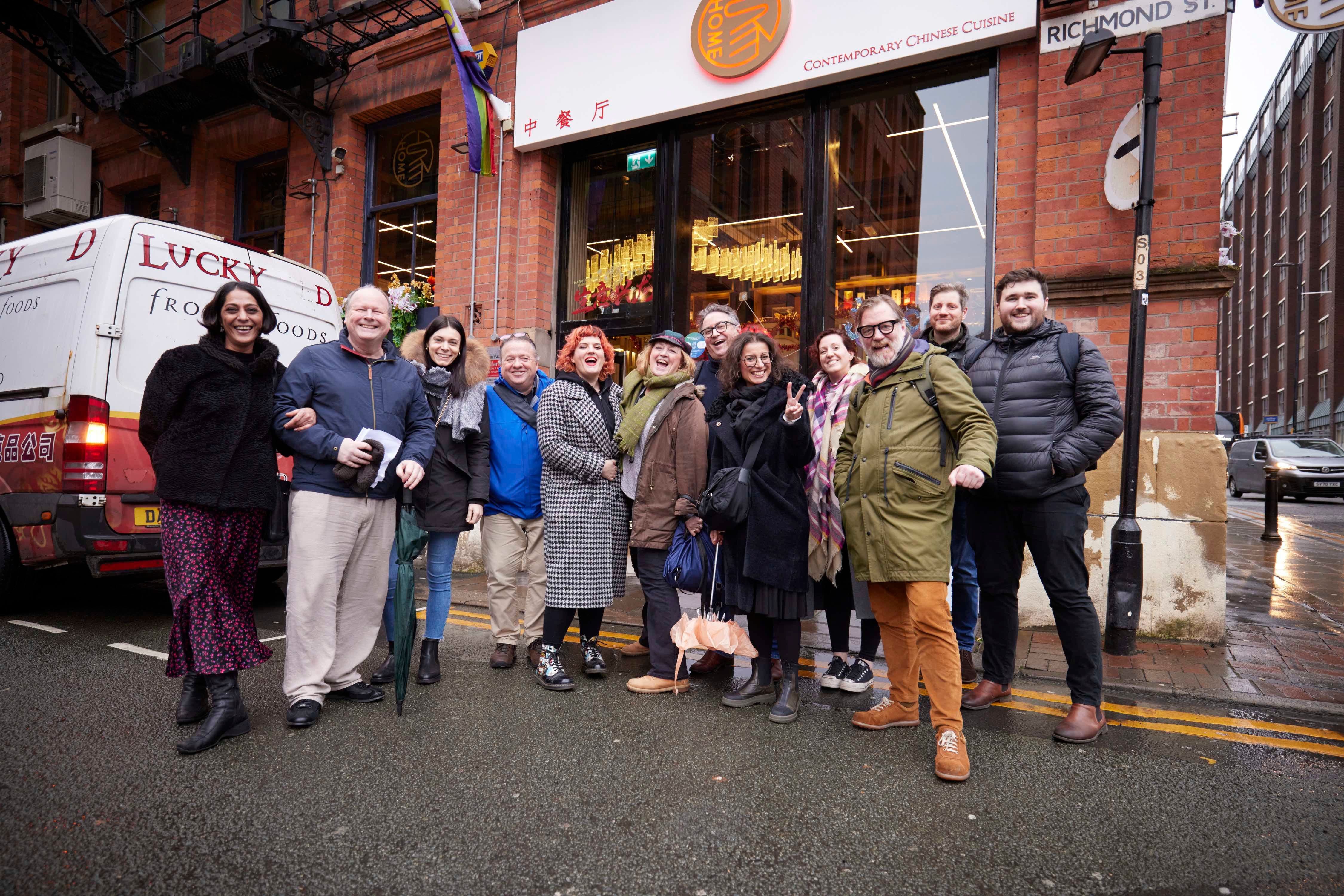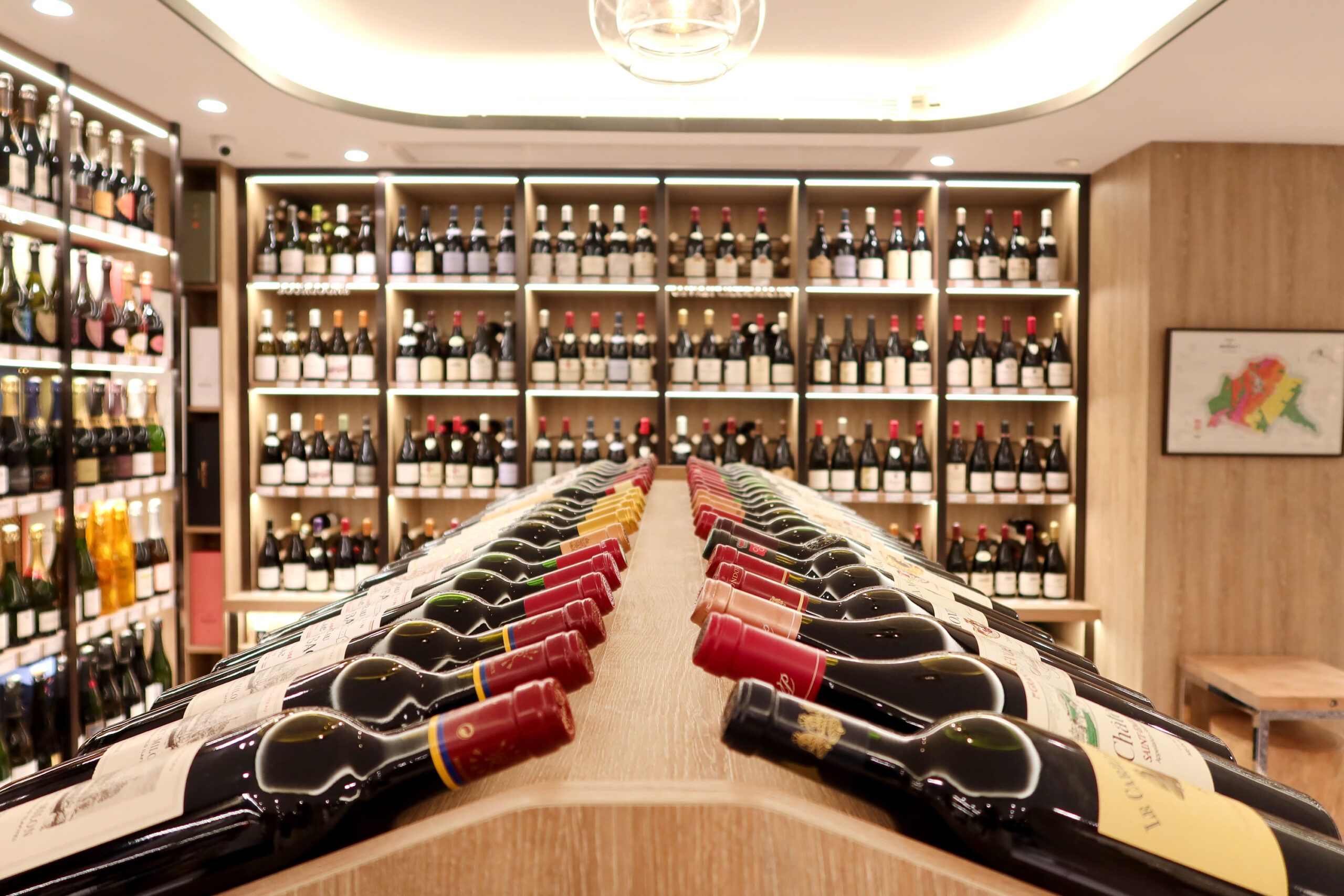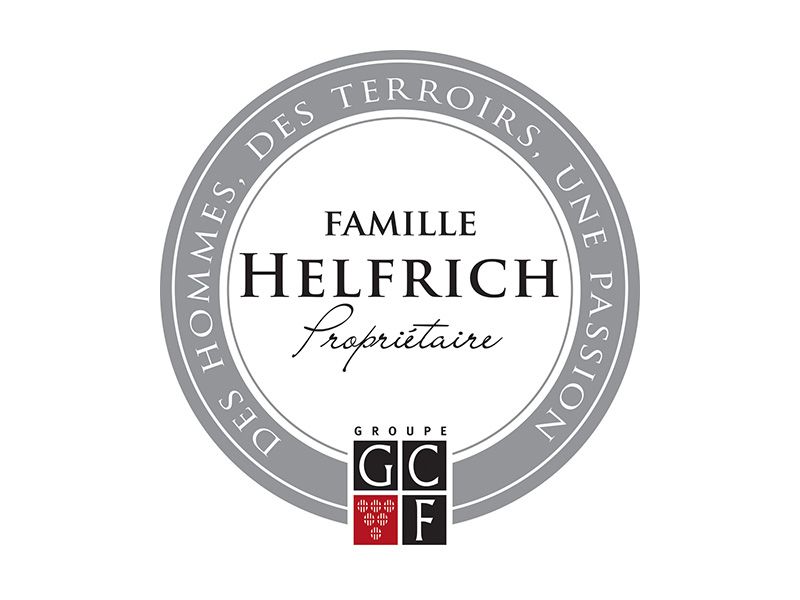Roger Brooks, founder of San Francisco’s Research & Marketing Strategies, shares the key insights from its analysis of the drinking, purchasing and consuming habits of Gen Z and millennials.
What’s your background?

Roger Brooks helped pull the study together with journalists Felicity Carter and Erica Duecy. Picture by Suzanne Lucas.
Based in the San Francisco Bay Area, I have been in marketing research for about 30 years. My experience ranges from startups to senior management roles with marketing research companies and — no surprise given where I live — work with leading technology and social media companies like Google, Facebook, YouTube, and LinkedIn.
Three years ago, I transitioned to independent consulting. While much of my experience has been in the digital, social media, and technology space, I have also got experience in alcohol, including a study of US consumers with Merrill Research (Wine Monitor Report) and as an analyst consultant with a major research company for Bacardi brands. Also, I love wine.
How did you come to partner with Business of Drinks?
I approached them. I was fortunate to discover Erica Duecy on LinkedIn. Given her experience in the wine industry, I extended an invitation to connect to explore our mutual interests.
Why did you decide to focus in on the topic of Gen Z and millennials and their drinking behaviour?
We were both interested in hot topic areas, and were particularly interested in the current angst in the wine industry about the consumption patterns of Gen Zs and millennials. It was clear to both of us that there was a lot of heat around these issues, but not much light, so we agreed there was a need to find out more.
After much discussion, we decided to develop a study that would broaden and deepen our understanding of the competitive landscape for beverages, both alcoholic and non-alcoholic and then translate the findings into actionable insights. The next thing we knew, we found ourselves immersed in developing the study, thinking through all the things we wanted to know.

Experienced journalists Felicity Carter and Erica Duecy were able to work with Roger Brooks to put together a study that would give them robust, meaningful answers from the research
It was the perfect partnership, because it combined my knowledge of how to do this kind of research, with the deep insights of two journalists who have decades of experience in this space between them.
How was the research done?
This was a quantitative online survey of a sample of 1,300+ Gen Zs of legal drinking age (LDA) and millennials from across the continental USA.
As drinking age Gen Zs (aged 21-26) comprise only a quarter of the LDA Gen Z and millennial population in the US, the Gen Z sample was boosted to more than 600 of the total, to ensure the results were robust.
The questionnaire involved two parts. The first section was devoted to beverages in general, while the second was specifically about wine.
One thing we kept in mind is that self-reported behaviour can vary from actual behaviour, particularly when it comes to sensitive issues. It’s well known that survey participants will tend to under-report alcohol consumption, for example, so we took that into account by asking questions multiple ways.
What we look for in surveys like this, where different groups or segments are compared, is internally consistent data, which lets us make valid and reliable comparisons and draw conclusions. The ‘internal consistency’ principle is especially important for trend analysis.
When the results came back, what surprised you the most?
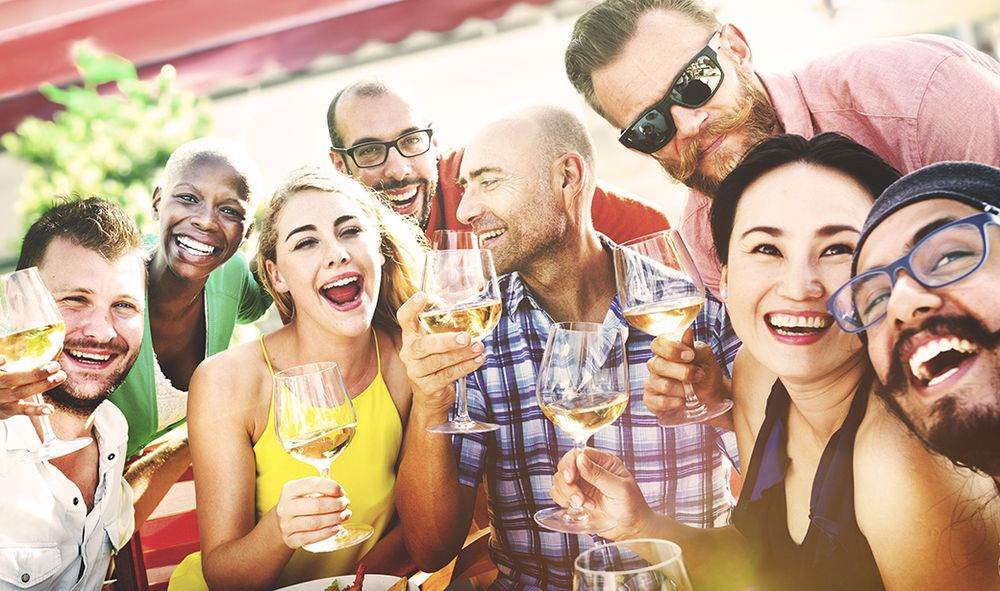
The results showed how important flavour is to younger drinkers and what they want to buy
The extent to which soft drinks are as appealing, if not more so, than other beverages for almost any type of occasion.
Second, the relative unimportance of categories like ‘healthy’,‘sustainability’, ‘organic’ and ‘low calorie’ when it comes to what drives people to buy one drink over another. The basics really do matter: the top three purchase drivers were ‘good flavours’, ‘easy to find/buy’ and ‘price’.
What does the wine industry need to take away from the results?
Some of the survey participants expressed disappointment in the wine category, saying they weren’t getting the level of flavour they were looking for, or that the bottle’s contents didn’t live up to the label. This is a generation of people who have had an unbelievable world of flavour available to them from an early age, so their tastes can’t be taken for granted.
The remedy isn’t anything the wine world hasn’t heard before, but it’s always worth repeating: wine needs to be more accessible in terms of the price/quality ratio and approachability.
And there’s no substitute for actually trying the product. Gen Zs and millennials need doors opened for them, whether these are free samples or discounted products, or free or low cost virtual tastings. Despite the decades of work done by wine, younger people still find this a very complex and intimidating category.
It’s also worth giving Gen Zs and millennials the chance to try more premium products, as these are generations that understand taste and quality when they try it. Even if most can’t afford higher-quality wines at this point in their life, they will remember them for later.
The good news is that wine is tied in second place after soft drinks as Gen Z’s favourite go-to beverage, and sits in third place for millennials.
Which beverage categories are the big winners?
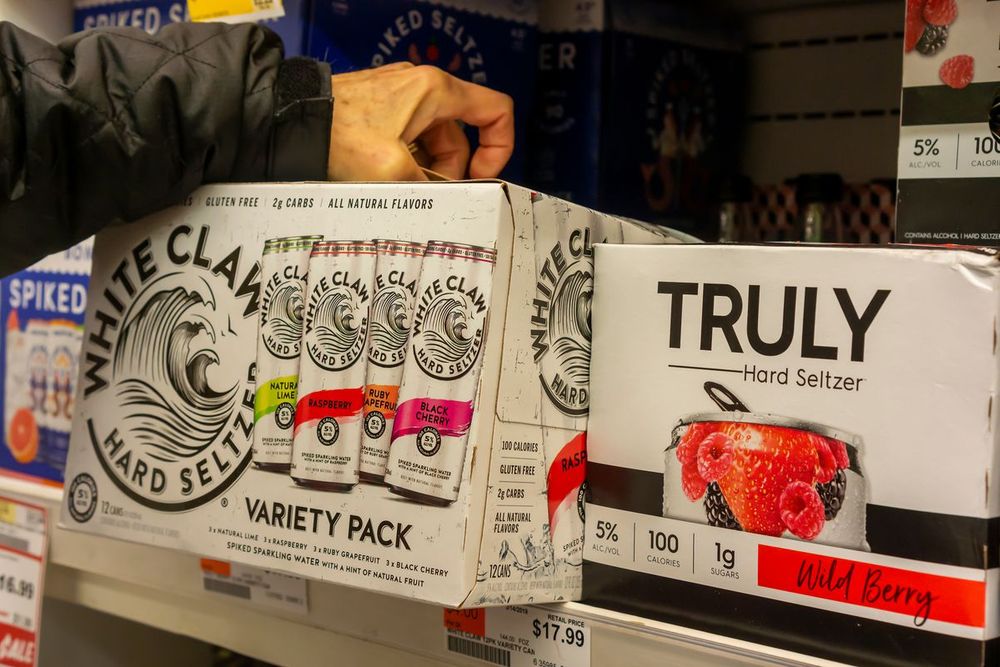
Sales of hard seltzers driven by major brands like White Claw have had a big hit on the US wine market
It depends on the criteria. But if we look at preference, occasions, and perception together, soft drinks are the clear winner.
When it comes to regular consumption and favourite go-to beverages, the usual suspects are next in line: major beer brands, spirits, craft beer and hard seltzers (NB: ‘seltzer’ is the American term for carbonated water, and a ‘hard’ seltzer also has some kind of low-abv alcohol in it as well, along with fruit flavour).
The big difference between Gen Zs and millennials is that the former have a greater preference for non-alcoholic cocktails, while beer and spirits are more important for millennials.
Any final takeaways?
Just a reminder that it doesn’t matter how good the branding, the product itself has to perform on the basics: flavour, easy to find/buy, price and variety, eco-friendly and sustainable, or no- to low-calories may be differentiators for some brands, but will not sway the majority.
And use every opportunity to get Gen Zs and millenials to try your product, especially premium products.
Another strategy for stimulating trial and increased purchase is producing and promoting alternative packaging as four in 10 buy wine-in-a-box, and one in five buy wine in a can. This also expands the occasions for wine.
Most importantly, the gloom and doom that’s spreading about the wine drinking habits of Gen Zs and millennials is probably exaggerated. Wine isn’t just a popular beverage for a whole range of occasions, but 50% more of the millennials we surveyed said they were buying more wine post-Covid (25.2%) than those saying they were buying less (16.6%). (Some GenZs were not legal drinking age pre-Covid so a pre/post Covid comparison is not cited here.)
- The report — “Millennials and Gen Z: A Comprehensive Study of Alcohol and Non-Alcohol Beverage Purchase and Consumption Behavior,” a joint venture between the Business of Drinks podcast and Research & Marketing Strategies — offers a fresh look at what these younger audiences drink, along with what influences their buying decisions. At more than 90 pages, the report offers an in-depth analysis of Millennial and Gen Z drinking preferences — with a special section dedicated to wine.
- The report is available to buy and download at: https://www.researchandmarkets.com/reports/5892638/millennials-gen-z-comprehensive-study-alcohol
